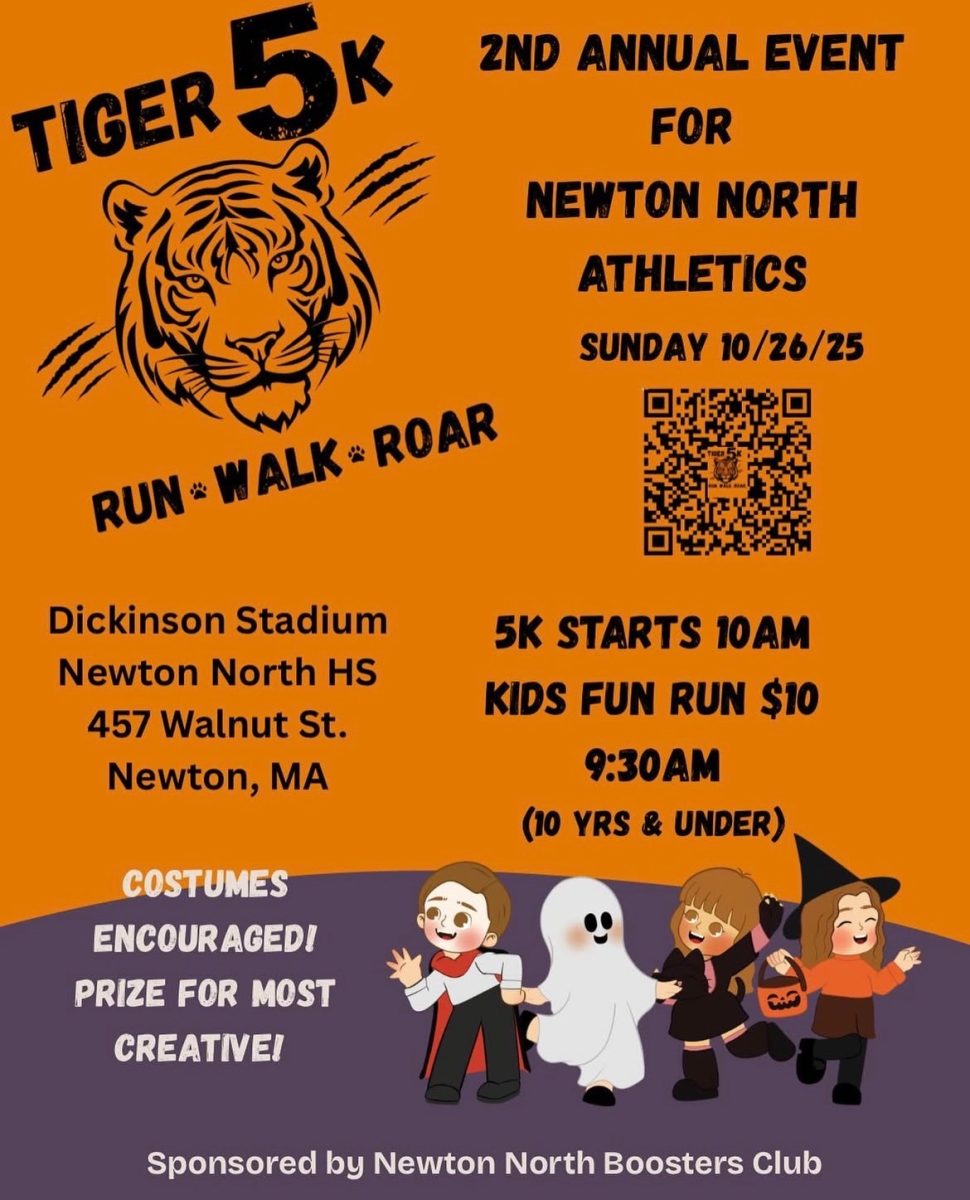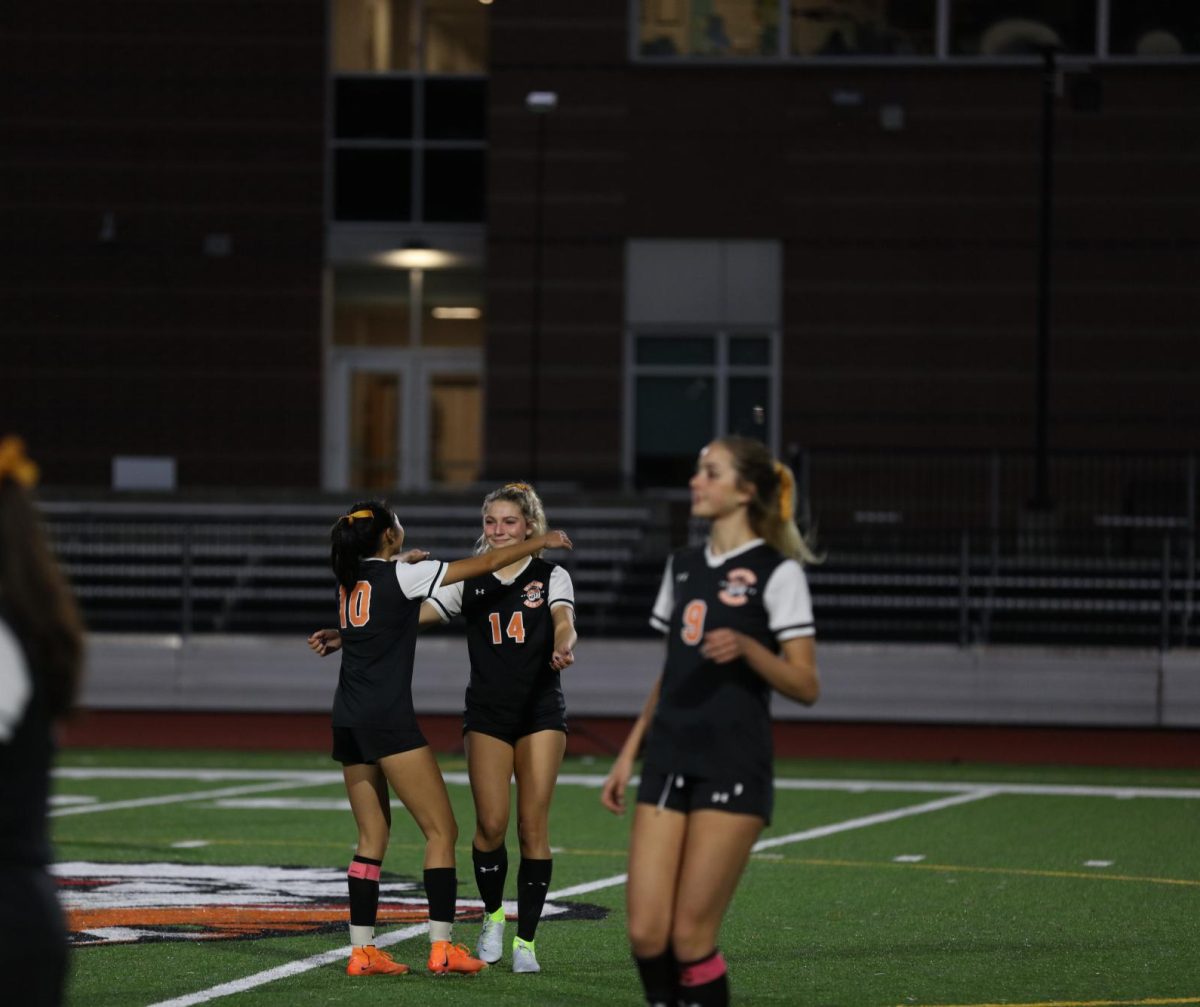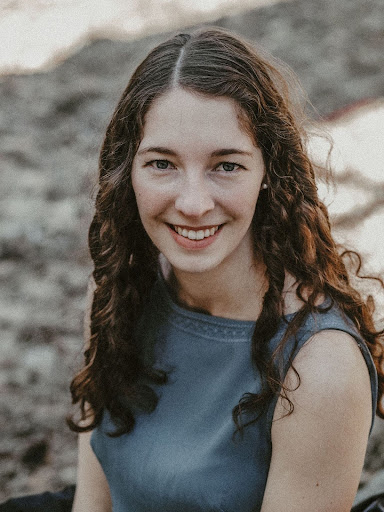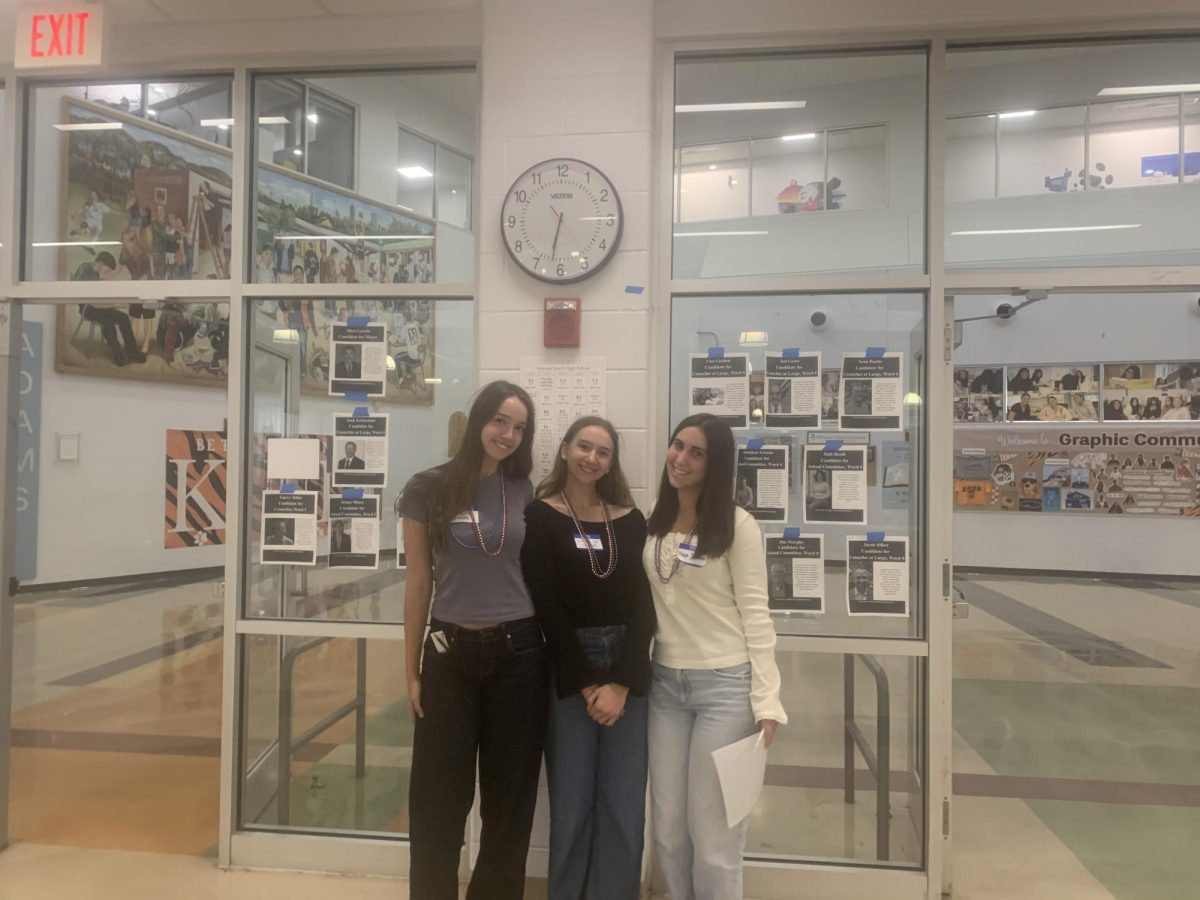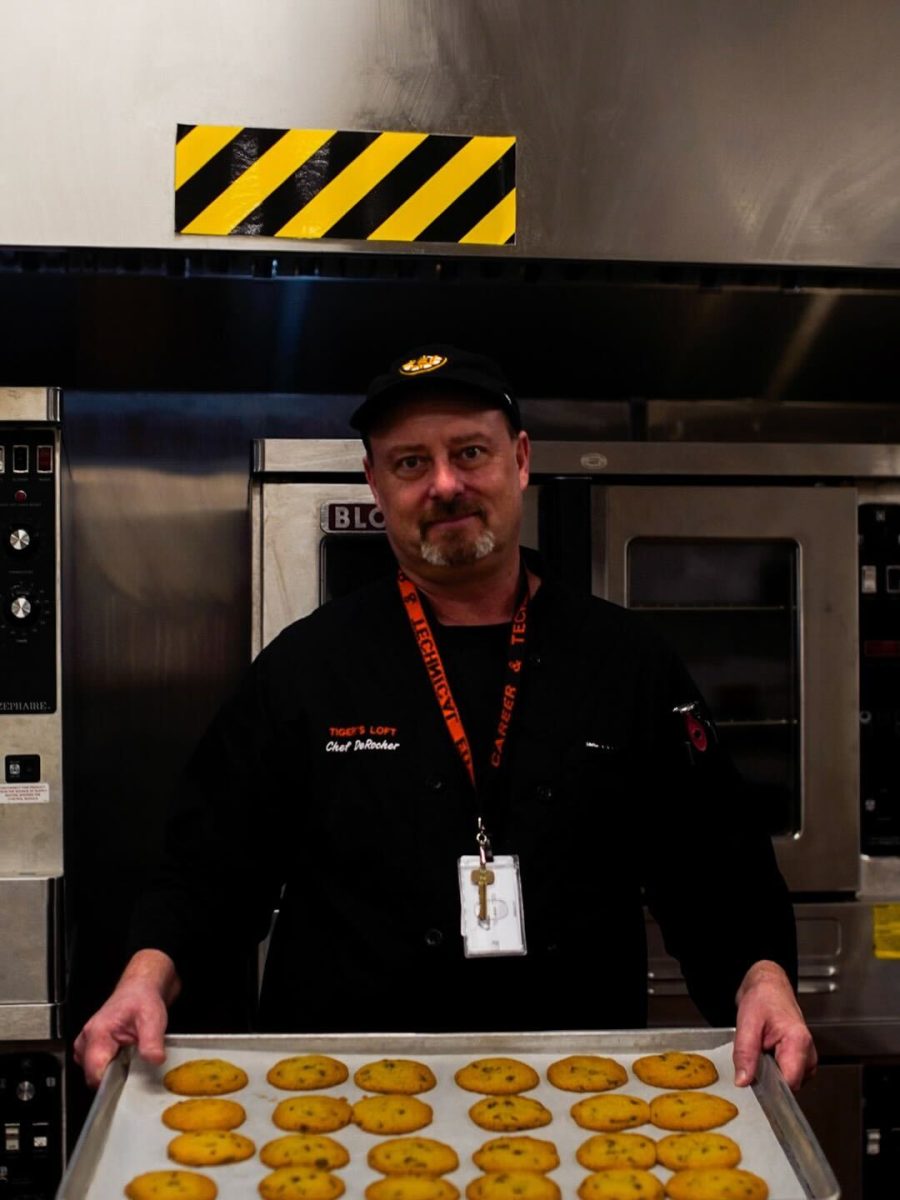by Malini Gandhi

It was pouring when English teacher Janice Miller’s Honors American Studies class arrived at Walden Pond for a field trip. Despite the weather, the spirit of the pond that had entranced Henry David Thoreau centuries earlier was as fierce and alive as ever, according to junior Sophie Sokolov.
“There was something about going to Walden after having read Thoreau’s book in English class that was essential and unbelievable,” she said. “Walden is a book that is so grounded in the concept of place, and I could really sense that when we went there.”
From experiencing Thoreau’s Walden first-hand to feeling the tingling energy of political debates in Washington D.C. during the annual Close-Up: Seminar in Government trip, dozens of field trips occur at this school each year, allowing students to “see, smell and touch” what can only be read about in the classroom, according to history teacher Ty Vignone.
Last month, the topic of field trips has come up in the Student Faculty Administration (SFA) due to a proposal by sophomores Lucine Boloyan and Sarina Wolfe regarding this school’s field trip policy.
According to Boloyan, currently an absence from class for a field trip counts towards an N, with the exception of foreign exchange trips. This rule is especially problematic for students attending the annual week-long Close-Up trip because the resulting five excused absences give “barely any wiggle room” for other absences during the term, Boloyan said.
Boloyan and Wolfe’s proposal recommends that absences for field trips not count towards the N-rule. The proposal states that, “Even though other classes are being missed as a result, the excursion is purely for school-related, educational purposes.”
Vignone said that the proposal has incited debate about the merits of field trips as well as the purpose of the N-rule.
Benefits of field trips
Many cite field trips as offering an alternate, stimulating learning environment that cannot be accessed in the classroom.
According to Vignone, “If students literally goes to Berlin to take the wall down, they will clearly remember the fall of communism.”
In 1989, Vignone said he and his students did just that, and since then the Prague Summer Program, in which students travel to various historical locations in Eastern Europe, has become one of this school’s most ambitious field trips and a beloved, time-tested tradition.
Similarly, history teacher Gregory Drake, who leads the Prague Summer Program with Vignone, said that field trips “connect the theoretical to the real world.
“All of a sudden, it’s not just me talking any more,” he said. “Field trips validate that it’s real.”
Senior Ryne Duffy said that going on the Prague Summer Program in the summer of 2011 provided him with a new, staggering perspective on historical events.
“I remember going to the salt mines in Poland, which date back to the 1300s, and being struck by the sheer magnitude of it,” Duffy said, “I realized that people built those mines without any advanced technology, and it demonstrated to me the immensity of human achievement.”
In addition to the Prague Summer Program, another multi-day field trip at this school is the annual photography class trip to New York City, which took place this year from Friday, Nov. 16 through Sunday, Nov. 18.

According to photography teacher Thomas MacIntyre, the trip consists of visits to multiple small street-side art galleries and to photography exhibits at the Museum of Modern Art and the Metropolitan Museum of Art. The trip also provides opportunities for the students to photograph the faces and sites of New York.
MacIntyre said that the trip allows students to encounter an aspect of the art world they cannot access from home.
“New York City is the art capital of the United States, and the trip gives students the opportunity to see some really important artwork in person,” he said. “We are so accustomed to seeing art on a computer screen and projected on white boards that we lose a sense of what the work looks like and means in an art context whether that is in a museum or gallery or even on the streets.”
Sokolov, an Art Major IV who attended the trip, said that the quirky, energy-filled atmosphere of New York provided her with numerous photography opportunities.
“On Sunday, we visited an antique market in New York and were able to photograph a lot of interesting people,” Sokolov said.
Aside from longer, multi-day field field trips like the Prague Summer Program and the New York photography trip, Vignone said that traditional day-long field trips like the

Honors American Studies trip to Walden Pond are “just as educationally stimulating.”
Drake cited the Advanced Placement United States History field trip to the Freedom Trail as an example of a rich, single-day educational opportunity close to home.
Drake said, “We are so close to so much history—you don’t have to go to Europe.”
According to chief innovation officer Stephen Chinosi, this school’s Innovation Lab recently purchased a bus to ease transportation for local field trips to historical sites, museums, plays, exhibits and the wealth of other opportunities near Boston. Biodiesel fuel made by the Greengineering class will power the bus.
“As a teacher who loves field trips, I was challenged by the complexities of the paperwork and the costs associated with offering field trips for my students,” Chinosi said. “I felt that one way to mitigate that complexity for teachers would be to at least have a means of transportation that was more cost effective and more flexible in access and use.”
Chinosi said with a laugh that he also “just wanted to drive around with our student-made biodiesel fuel.”
The bus, which was purchased with a $40,000 grant from the Village Bank, will be in operation next September.
According to Chinosi, teachers will reserve the bus through a Google Doc calendar. After taking an hour-long course, teachers will be pre-approved to drive the bus, Chinosi said.
Considering the N-rule
Despite many students and teachers’ praise of the educational value of field trips, the question of how field trips fit into the N-rule, which is the heart of Boloyan and Wolfe’s proposal, proves to be “more tricky,” according to Vignone.
The proposal has elicited a range of responses from students and faculty.
Duffy said he fully supports the new proposal to exempt field trip absences from the N-rule.
“The current definition of an ‘excused absence’ isn’t what it should be, as it still counts towards the N-rule,” he said. “I think there should be a true excused absence that does not have a marker for it, such as for field trips or medical absences.”
However, while Vignone said he has tried for years to make the Close-Up trip exempt from the N-rule, noting that “the Close-Up kids are working all five days and are not doing tourist activities such as climbing the Washington Monument,” he also said the proposal is tricky because it could “open up a Pandora’s box,” allowing too many situations to be exempt from the N-rule.
“While long field trips that accumulate many absences, such as Close-Up and foreign exchange trips, should be exempt from the N-rule, I don’t think small field trips should be exempt,” Vignone said. “In fact, I think the N-rule is too lenient. I was here when it was created, and before the N-rule it was very hard to keep students in class. While field trips offer wonderful opportunities, classroom curriculum-based learning is still vital. We are caught in the middle.”
Similarly, Sokolov said that not all field trips should be exempt from the N-rule.
“On some small field trips, I honestly haven’t learned that much, and I don’t think those should be exempt from the N-rule,” Sokolov said. “However, I definitely think bigger trips, such as the foreign exchange trips, the photography New York trip and others, should be exempt, because many of them have been life-changing for me.”
Drake said that the situation is tricky, but that if the N-rule is viewed “not as a punishment, but just as a record of absences,” then it should logically apply to field trips as well.
“If you go on a field trip, you are absent from Spanish, math and other classes, and thus, it seems fair that this tallies in your record of absences.”
However, despite the controversy regarding the N-rule, Drake said that field trips are “memory makers.”
“When you look back on high school, field trips will be a significant part of what you remember.”



